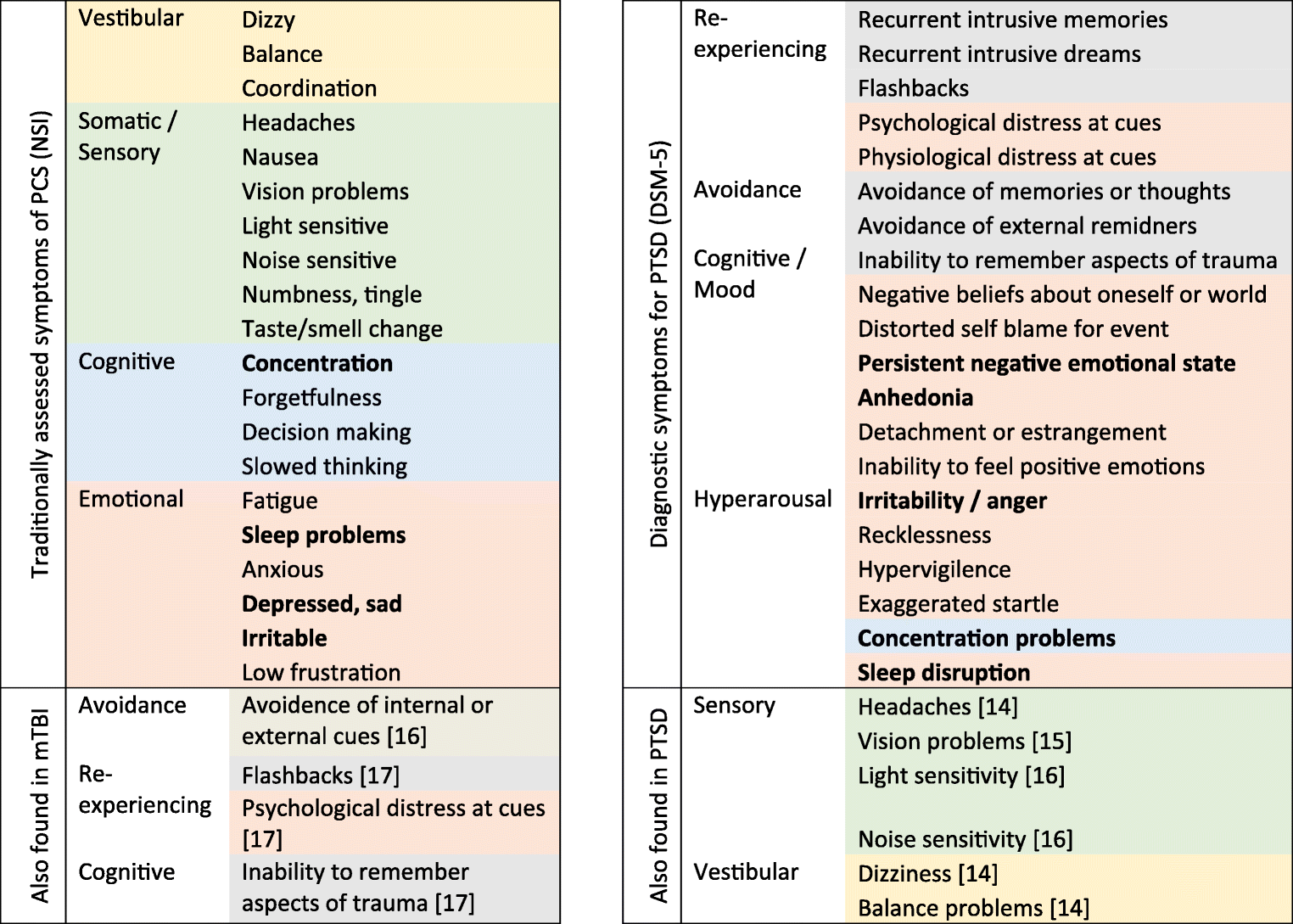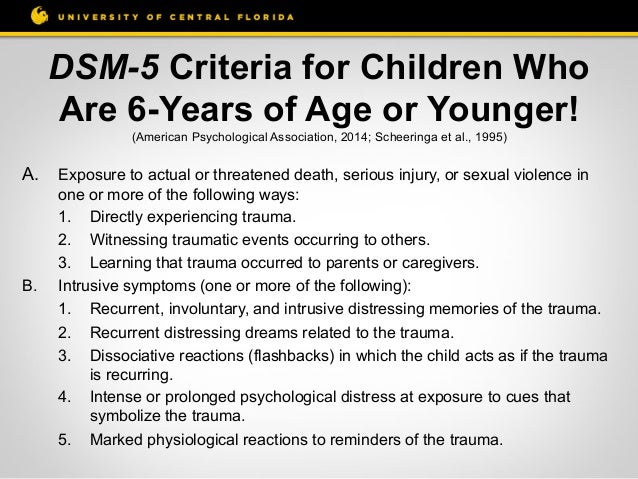
(1995) Use of the Mississippi Scale for Combat- Related PTSD in detecting war-related, non-combat stress symptomatology. Sloan, P., Arsenault, L., Hilsenroth, M., & Harvill, L.The revised civilian Mississippi scale for PTSD: Reliability, validity, and cross-language stability. Journal of Consulting and Clinical Psychology, 56(1) , 85-90. (1988) Mississippi Scale for Combat-Related Posttraumatic Stress Disorder: Three studies in reliability and validity. A short form of the Mississippi Scale for Combat-Related PTSD. Hyer, L., Davis, H., Boudewyns, P., & Woods, M.A short, ten-item version is available along with a version that can be given to spouses and partners. The measure was developed based on the DSM-III symptoms of PTSD. The M-PTSD is a 35-item, self-report instrument that assesses combat-related PTSD in Veteran populations, A corresponding civilian version was also developed to assess for PTSD resulting from non-military traumatic experiences. Multiple versions of the SCID-5 exist for different purposes such as research or clinical practice: Citations for the interviews and the accompanying user’s guides.Lincoln, NE: Buros Institute of Mental Measurements. Impara (Eds.), The fourteenth mental measurements yearbook (pp. Structured clinical interview for DSM-IV Axis I disorders: Clinician version. Training and quality assurance with the structured clinical interview for DSM-IV (SCID-I/P). Ventura, J., Liberman, R.P., Green, M.F., Shaner, A., & Mintz, J.Archives of General Psychiatry, 49(8), 624-629.

The structured clinical interview for DSM-III-R (SCID) I: History, rationale, and description.

The Structured Clinical Interview for DSM (SCID) has been updated to correspond to the most recent version of the DSM (DSM-5). Comparison of the PTSD Symptom Scale-Interview Version and the Clinician- Administered PTSD Scale. Reliability and validity of a brief instrument for assessing post-traumatic stress disorder.

#PTSD DSM 5 MANUAL#
Manual for the Administration and Scoring of the PTSD Symptom Scale-Interview for DSM-5 (PSS-I-5). The PSS-I-5 consists of 20 symptom-related questions and 4 additional questions to assess distress and interference in daily life as well as symptom onset and duration. The PSS-I has been updated to correspond to the DSM-5 (PSS-I-5) as a brief interview that assesses presence and severity of symptoms over the past month.

Each item is assessed with a brief, single question with no probing or follow up questions. The PSS-I takes about 20 minutes to administer. The presence and severity of associated DSM-IV PTSD symptoms experienced in the past two weeks are assessed. Respondents with a known trauma history identify a single traumatic event that causes the most current distress. The PSS-I is a 17-item semi-structured interview useful for assessment and diagnosis.


 0 kommentar(er)
0 kommentar(er)
